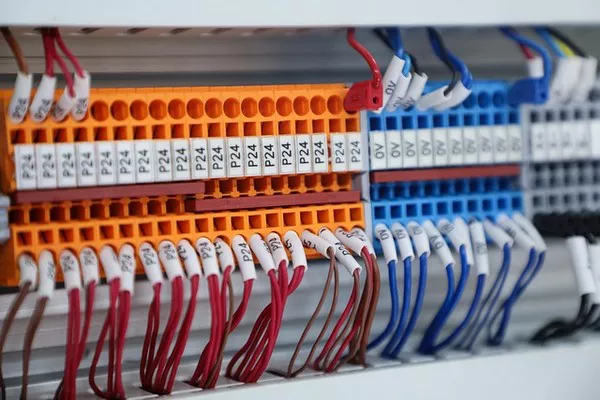In a significant move for the electric vehicle (EV) industry, Texas Instruments (TI) and Delta Electronics have announced a partnership to develop more efficient components for faster onboard chargers. This collaboration aims to enhance power density, size, and performance in EV charging systems, addressing a crucial need in the market.
Advancing Power Electronics for EVs
Texas Instruments, a leader in semiconductor technology, and Delta Electronics, a renowned Taiwanese power electronics manufacturer, are focusing on optimizing DC/DC converters and onboard chargers. By leveraging TI’s advanced semiconductors, Delta aims to produce smaller and more efficient charging solutions.
The partnership is timely as automakers seek higher device efficiency to convert alternating current (AC) voltages to direct current (DC) for vehicle-to-grid and vehicle-to-home applications. Improved power transfer efficiency reduces energy losses and extends the lifespan of components, which is critical for the evolving EV market.
Enhancing Onboard Charging Systems
Onboard chargers play a pivotal role in converting AC power from public charging stations or in-home devices to DC power stored in battery electric vehicles (BEVs). Increasing the power rating of these chargers is essential to extending driving ranges, a key concern for potential EV buyers.
With the industry shifting from 400 V to 800 V battery systems, there is a growing adoption of high-density silicon carbide (SiC) and gallium nitride (GaN) devices. These technologies enable faster charging times by increasing power density, either by reducing dimensions or boosting power output within the same form factor.
TI’s Technological Contributions
The collaboration’s initial phase will incorporate TI’s new C2000 real-time microcontrollers and active electromagnetic interference (EMI) filters to reduce the size of Delta’s 11 kW onboard charger by 30% and achieve up to 95% power conversion efficiency. Delta’s current onboard chargers already boast a 93% efficiency at power outputs ranging from 3.3 kW to 22 kW, but the partnership aims to push these figures even higher.
Additionally, efforts will focus on reducing the size of Delta’s 400 V and 800 V DC/DC converters, which currently offer 94-95% efficiency. These converters, weighing between 4.8 and 7.7 pounds, will be optimized to meet the automotive industry’s demand for lighter, more efficient components with reduced electromagnetic interference.
Ensuring Safety and Efficiency
Delta plans to utilize TI’s C2000 microcontrollers, which are certified to meet the ASIL D functional safety classification. These controllers come with over 300 built-in safety mechanisms for diagnostic coverage and interference minimization, crucial for maintaining vehicle safety.
Furthermore, TI’s integrated isolated gate drivers and GaN integrated circuits, paired with SiC power devices, will enhance power density and reduce the size of onboard chargers. The final phase of the partnership will focus on developing next-generation automotive power products, leveraging TI’s expertise in GaN technology.
Future Prospects
Delta’s experience with SiC semiconductor technology is evident in its new 500 kW DC fast-charging system for buses and trucks, capable of delivering 460 kW of power in two hours. This expertise will be instrumental as the company and TI work together to revolutionize EV charging technology.
By combining their strengths, Texas Instruments and Delta Electronics are set to deliver cutting-edge solutions that will significantly impact the efficiency and effectiveness of EV charging infrastructure, catering to the growing demands of the electric vehicle market.

